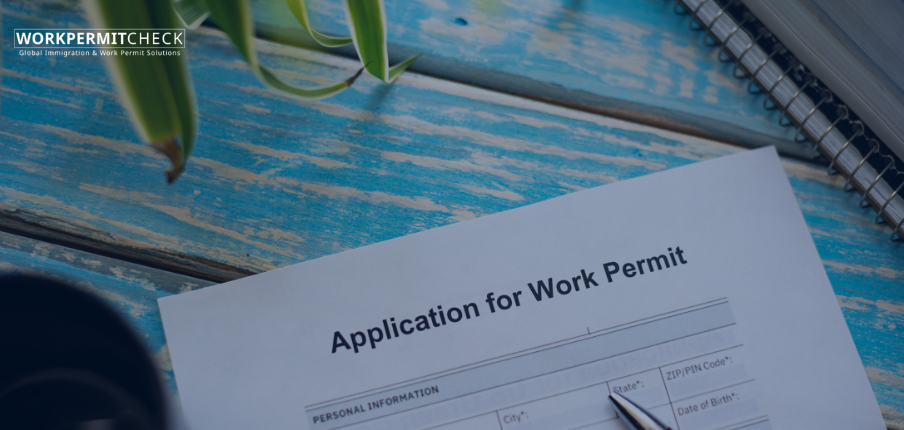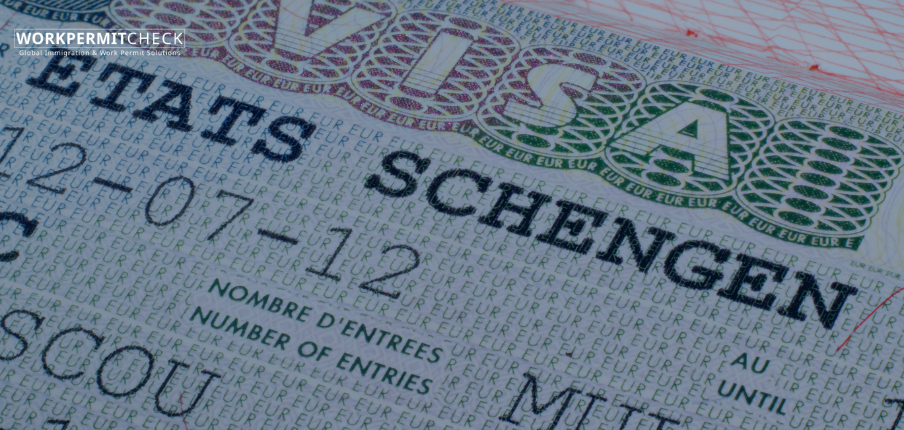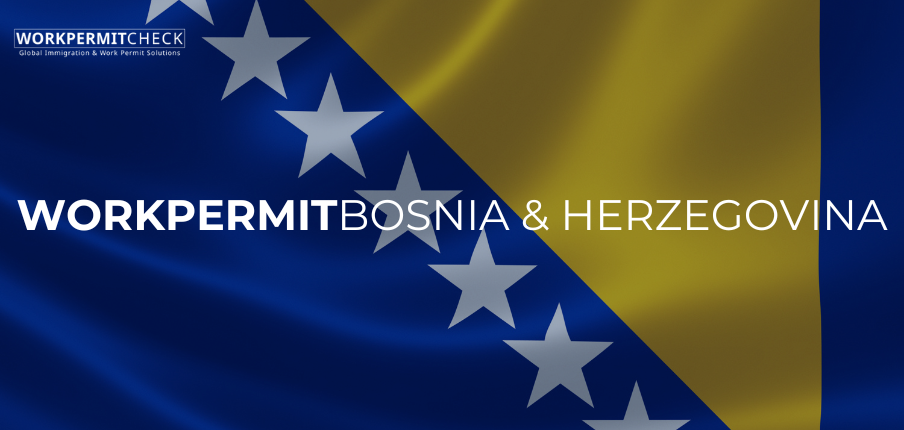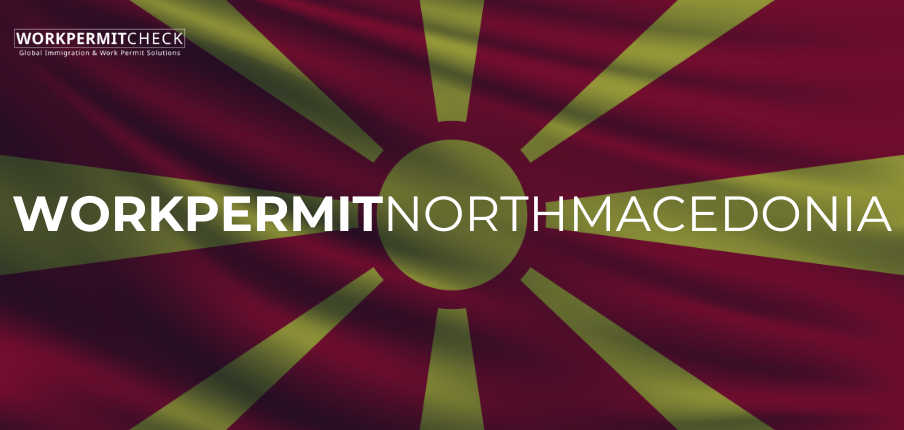Denmark is known for its high-quality education system and world-class research environment. It attracts a large number of international researchers and postdoctoral fellows every year. If you are planning to work as a researcher or postdoc in Denmark and are not an EU/EEA or Swiss citizen, you will generally need a residence and work permit before starting your position.
This blog post explains whether a work permit is required, what exceptions exist, and how to apply for the appropriate permit as a researcher or postdoc in Denmark.
Do Researchers and Postdocs Need a Work Permit?
Yes, non-EU/EEA and non-Swiss nationals need a residence and work permit to legally live and conduct research in Denmark. This includes both academic researchers employed by universities and postdoctoral researchers holding fixed-term contracts.
However, Denmark provides dedicated permit tracks to make it easier for researchers and academic institutions to bring international talent to the country.
Permit Options for Researchers and Postdocs
1. Researcher Scheme under the Fast-track System
This scheme is designed specifically for individuals engaged in research activities. To qualify:
-
You must have a valid job offer or employment contract from a Danish university or approved research institution.
-
The job must primarily involve research-based work.
-
You must hold a master’s degree or higher qualification relevant to the research area.
-
The employer must be Fast-track certified.
This scheme offers faster processing and greater flexibility, including the ability to work both in Denmark and abroad as part of the role.
2. Researcher Scheme (outside Fast-track)
If your employer is not certified under the Fast-track scheme, you can still apply under the standard researcher permit category, provided:
-
The role involves independent research at a recognized institution.
-
You meet the educational and job-related qualifications.
-
The employment contract includes job duties, duration, and salary.
3. PhD Students with Research Work
If you are a PhD student conducting research and also working part-time for the university, a separate work permit may be required depending on the nature of your employment.
Application Process
-
Gather Documents
-
Valid passport
-
Employment contract or hosting agreement
-
Educational qualifications (e.g., PhD certificate or master’s degree)
-
Description of research project or duties
-
-
Submit Application
-
Apply online via the SIRI portal.
-
Pay the application fee.
-
Provide biometric data and attend an appointment at a Danish diplomatic mission if applying from abroad.
-
-
Processing Time
-
Usually processed within 3 to 4 months.
-
Fast-track applications are often processed within 10 working days.
-
Duration and Extensions
-
Residence permits are typically granted for the duration of the research contract.
-
You can apply for an extension if your research position is extended.
-
After several years of legal stay, you may be eligible for permanent residency.
Family Members
Researchers and postdocs with a valid permit can usually bring accompanying family members (spouse, partner, and children). These family members may also be eligible to live and work in Denmark.
Exemptions
-
EU/EEA/Swiss citizens do not need a work permit but must register their stay if remaining in Denmark for more than 90 days.
-
Short-term guest lecturers or researchers staying for fewer than 90 days might be eligible to work without a full residence permit, depending on the nature of the visit and nationality.
Conclusion
Researchers and postdoctoral fellows from outside the EU/EEA generally need a work and residence permit to legally conduct research in Denmark. Fortunately, the country offers dedicated and streamlined permit categories to facilitate academic mobility. Whether applying through the Fast-track system or standard researcher route, the process is relatively efficient, especially when supported by a recognized Danish institution.
Disclaimer: This article is for informational purposes only and does not constitute legal advice. Readers should refer to the official Danish Agency for International Recruitment and Integration (SIRI) or consult with legal experts before making any decisions or submitting applications.
June 21, 2025



















































































